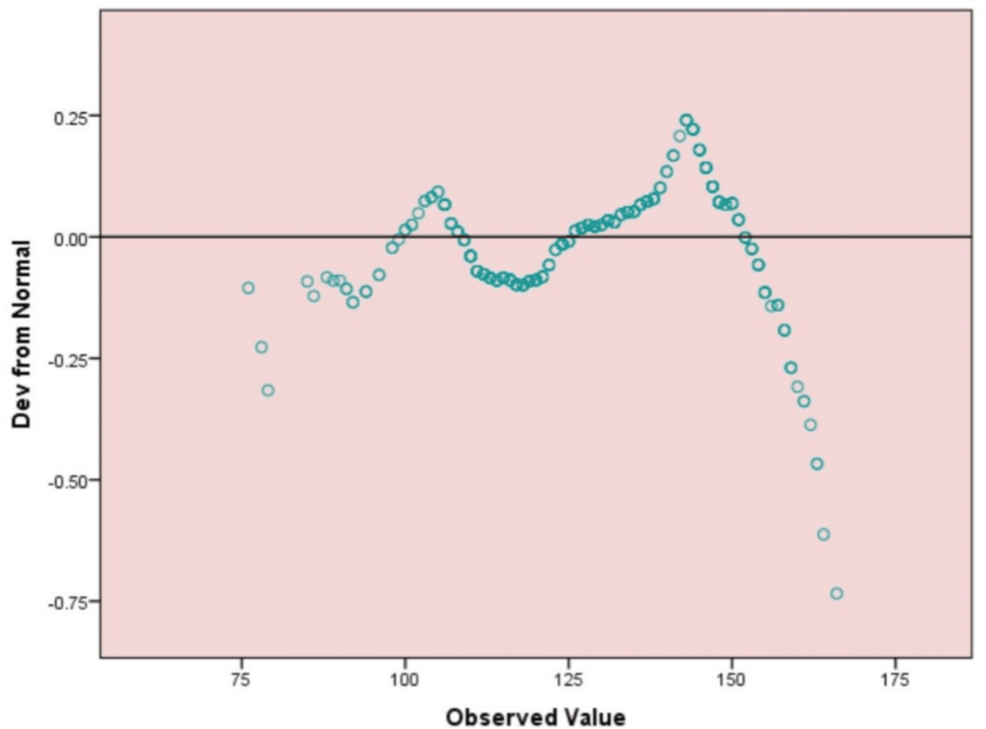Headlines News

Watch: Webb telescope snaps a planet-forming disk 525 light-years away
2025-08-30
The Webb telescope has captured images of dusty wisps surrounding a planet-forming disk, marking a significant development in space exploration.
Read More
This Week in Science: Brain-Boosting Smells, The Brightest Flash Ever, And More!
2025-08-30
This week in science: The US puts together new guidelines for blood pressure; sections of the seafloor found to be strangely upside down; the brightest radio flash ever detected; and much more! Secret Bodies No Longer to Be Displayed at US Medical Museum [caption id="attachment_172343" align="alignnone" width="642"] Wax moldings of faces and body parts, in jars at a museum.
Read MoreMy Favorite Pixel 10 Feature Makes MagSafe Accessories Last Longer Than Ever
2025-08-30
Commentary: Whether you stick to iPhone, switch to Pixel or even a "Qi2 Ready" phone, you won't need to discard your magnetic chargers, wallets or other accessories.
Read More
What happens next after court rules them illegal?
2025-08-30
A US appeals court has ruled that most of Trump’s tariffs are illegal - so what happens now?
Read More
Relationship Between Sleep Quality and Glycemic Control Among Patients With Type 2 Diabetes
2025-08-30
Background: The quality of sleep has been identified as a significant contributor to the management of type 2 diabetes mellitus (T2DM), particularly in achieving optimal blood glucose levels. Although previous research globally has acknowledged this relationship, there is a lack of adequate studies in low- and middle-income countries, such as Pakistan. The purpose of this study is to investigate the relationship between self-management behavior (as indicated by glycemic control) and sleep quality among individuals with type 2 diabetes mellitus (T2DM). Methods: This study is a cross-sectional study conducted from January to May 2025 in outpatient healthcare centers in Islamabad, Pakistan, using a convenience sampling methodology. The study included 385 adult respondents with a diagnosis of type 2 diabetes mellitus (T2DM). The structured questionnaire included sections on demographic characteristics, the Pittsburgh Sleep Quality Index (PSQI), and the Diabetes Self-Management Questionnaire (DSMQ). Data analysis was conducted using IBM Corp. Released 2020. IBM SPSS Statistics for Windows, Version 26. Armonk, NY: IBM Corp., employing descriptive statistics, Spearman correlation, Mann-Whitney U tests, Kruskal-Wallis H tests, chi-square tests, and linear regression to investigate the relationship between sleep quality and diabetic self-management practices. Results: A total of 385 participants took part in the study, comprising 195 males (51%) and 190 females (49%). PSQI and DSMQ were also negatively correlated at a highly significant level (r = -0.119, p = 0.020), and this indicates that poor quality of sleep was interrelated with a low rate of self-management of diabetes. Female respondents also had significantly lower scores in sleep quality and reached higher scores in self-management than male respondents (p < 0.01). There were also significant differences in the PSQI and DSMQ scores, even when marital status was taken into account (p < 0.01). Based on the results of linear regression, it was possible to note that PSQI scores had a significant effect on predicting DSMQ scores (B = -0.452, p = 0.021); thus, the lower the score of the sleep quality measure, the less positive were the diabetes self-care behaviors. Conclusion: It was found that sleep quality and glycemic control behaviors predict a strong negative interrelationship in T2DM patients in Pakistan. The management of diabetes should consider including a sleep assessment. To achieve improved outcomes, recommended gender- and marital status-sensitive interventions are advised, including a targeted approach to self-management and sleep hygiene.
Read More
Isak Transfer Twist Emerges Hours Before Newcastle Match as Liverpool Timeline Set
2025-08-30
Alexander Isak has constantly been linked with a move to Liverpool.
Read More
JJ Thomson, the man who discovered the electron and mentored 8 Nobel winners
2025-08-30
JJ Thomson’s discovery of the electron in 1897 reshaped physics forever. Honoured with the 1906 Nobel Prize, he mentored eight Nobel laureates at Cambridge, including his own son, leaving a legacy like no other.
Read More
JJ Thomson, the man who discovered the electron and mentored 8 Nobel winners
2025-08-30
JJ Thomson’s discovery of the electron in 1897 reshaped physics forever. Honoured with the 1906 Nobel Prize, he mentored eight Nobel laureates at Cambridge, including his own son, leaving a legacy like no other.
Read More
Tourist dies at Disneyland after losing consciousness on Frozen ride
2025-08-30
A tourist has died at Disneyland after he fell unconscious on the Frozen ride - he was taken from the theme park to hospital but was tragically pronounce dead
Read More
Tourist, 53, dies at Disneyland after passing out on popular ride next to wife
2025-08-30
A TOURIST has died at Disneyland after passing out on its iconic Frozen ride next to his wife.The 53-year-old man from the Philippines lost consciousn
Read More